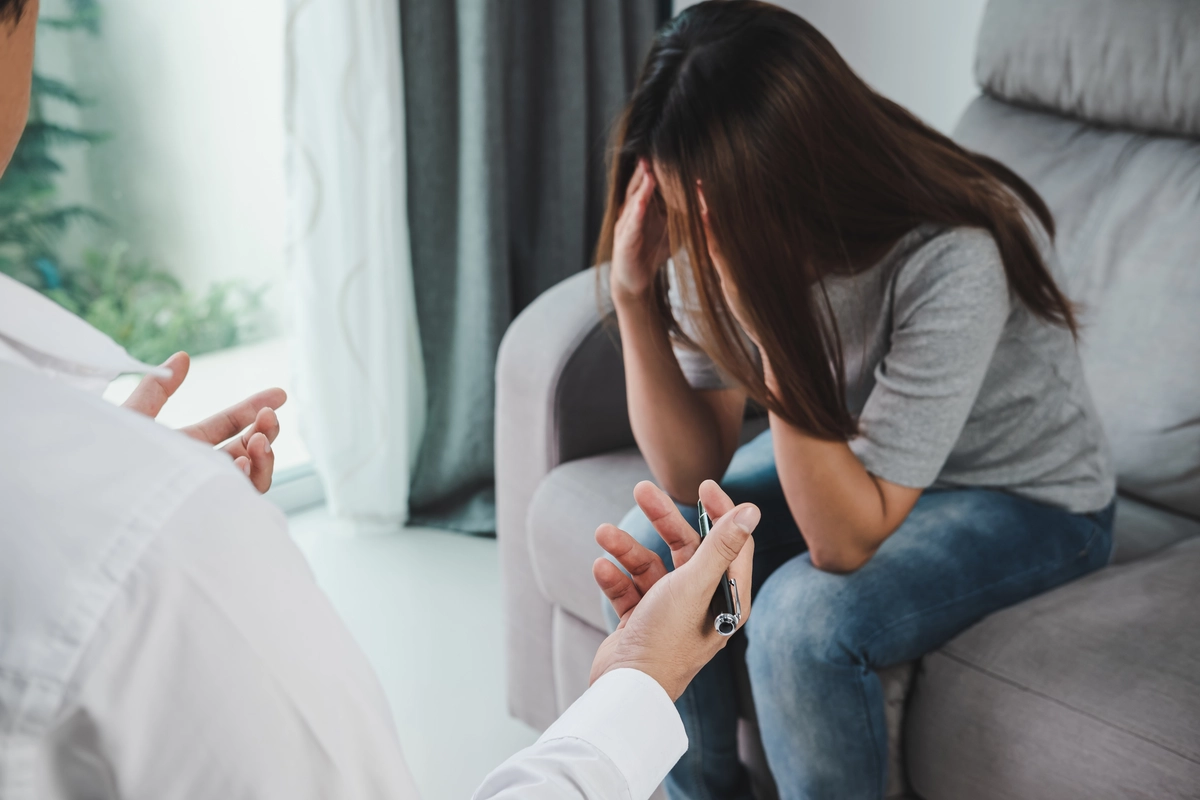24/7 Helpline:
(866) 899-111424/7 Helpline:
(866) 899-1114
Learn more about Depression Treatment centers in Colman
Depression Treatment in Other Cities

Other Insurance Options

Ceridian

Meritain

Medical Mutual of Ohio

MVP Healthcare

Coventry Health Care

Health Choice

EmblemHealth

Choice Care Network

WellCare Health Plans

BlueShield

Absolute Total Care

AllWell

Group Health Incorporated

Holman Group

Magellan

Access to Recovery (ATR) Voucher

Multiplan

Molina Healthcare

Optum

WellPoint






Community Counseling
Community Counseling Services offers various options for outpatient behavioral health services acros...

Flandreau Santee Sioux Tribe
Flandreau Santee Sioux Tribe is a public rehab located in Flandreau, South Dakota. Flandreau Santee ...

































